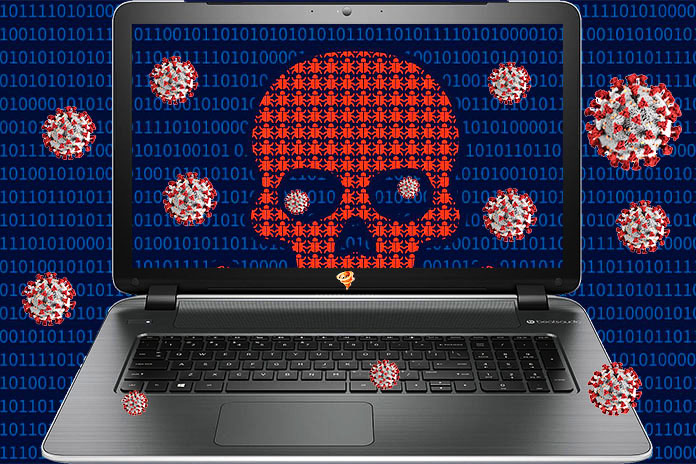
THE VIRTUAL world has latched on to the Coronavirus as it sweeps around the planet.
“Be suspicious of anyone approaching you online using COVID-19,” says Vitaly Kamluk, Director, APAC Research Group at global cybersecurity company, Kaspersky.
He highlighted a number of issues that twin viruses from the real and virtual worlds, during a media webinar.
While you must not let your guard down when it comes to security, the global data Kaspersky has gathered shows that cyber criminals are also affected by quarantine and lockdown measures brought about by COVID-19. A timeline of attacks saw a drop around the period lockdowns were initiated in Europe (See chart below).
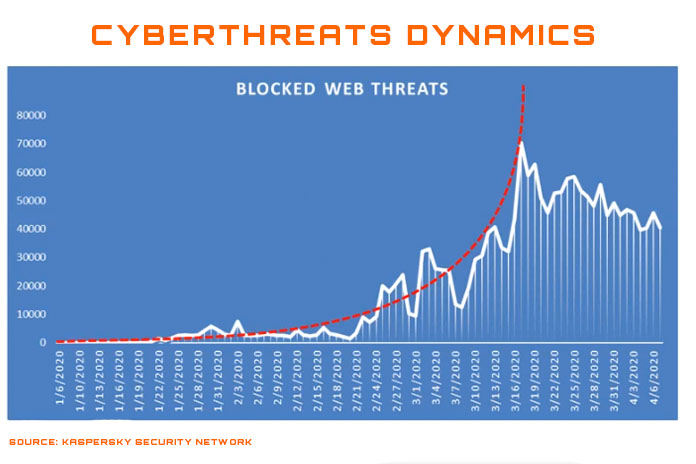 “Cyber crooks have to work from home and that affected their business,” Vitaly explains.
“Cyber crooks have to work from home and that affected their business,” Vitaly explains.
“Some people lost access to their usual computer set up, or maybe they were busy stocking up and doing stuff everyone else was doing.”
There were down periods during the weekends (green arrows below), which again pointed to some cyber criminals taking time off to get on with their lives.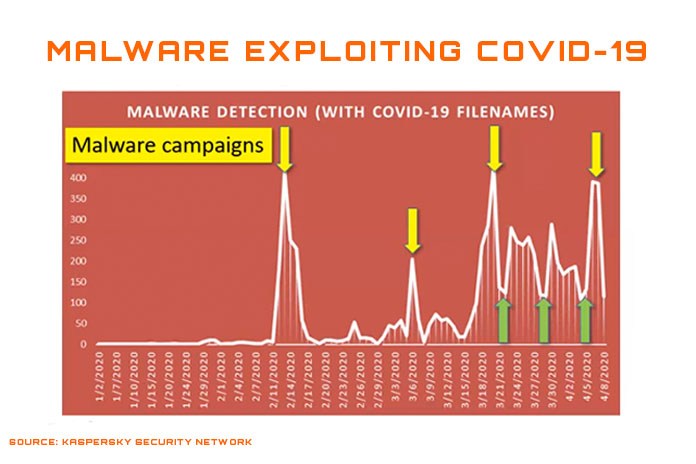
Be Malware Aware
The use of COVID-19 in malware campaigns continues unabated, and is picking up steam.
Email scams have been particularly virulent around the use of the term ‘COVID-19’, trying to trick people searching for answers into clicking on the links. The emails range from fake government orders to promises of vaccines, among others (See box below).
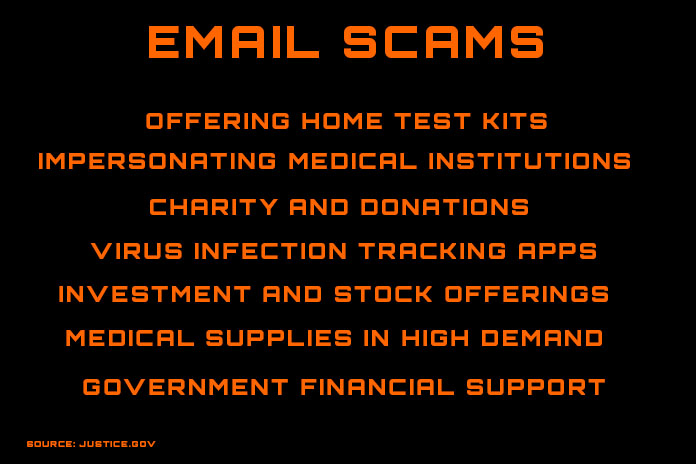
The World Health Organization has also seen a spike in the abuse of its branding on scam emails that try and trick you into downloading a Trojan Horse that could infect your entire system.
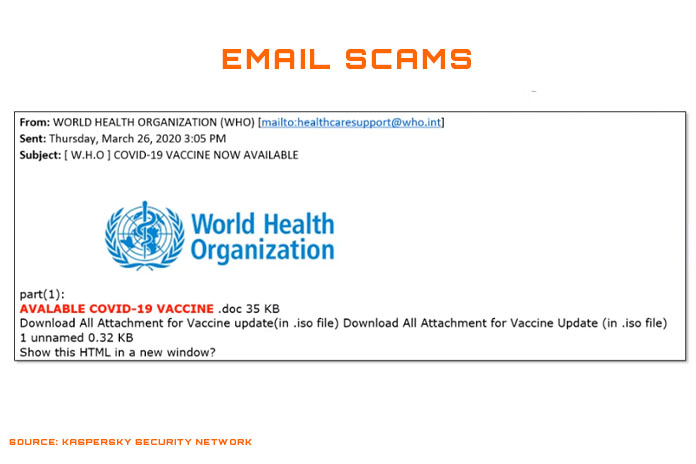
A Tip For Those Working From Home
With most people working from home, the connectivity tools are also subject to compromise. The recent incident with Zoom and its security flaws is a case in point.
Vitaly, who used to work with Interpol, recommends that when you are having a group video conference, to consider the popularity of the platform.
“Bad guys attack the most popular platforms. It happens to all the commodity platforms. If you look at Windows, the most popular platform for desktops, it is subject to a lot of attacks.”
ALSO READ: Are We Closer To A COVID-19 Treatment?
Zoom should be somewhat honoured to be in this group, given their recent issues with outsiders forcing their way into video conferences.
“If it becomes popular, there will be more cyber criminals trying to exploit its vulnerability,” Vitaly explains.
“Sometimes choosing a niche player gets you out of the cross hairs of the majority of attacks.”





















